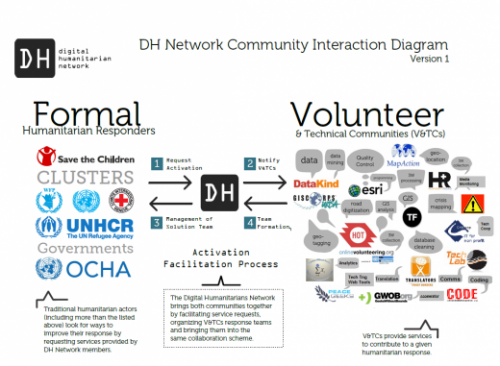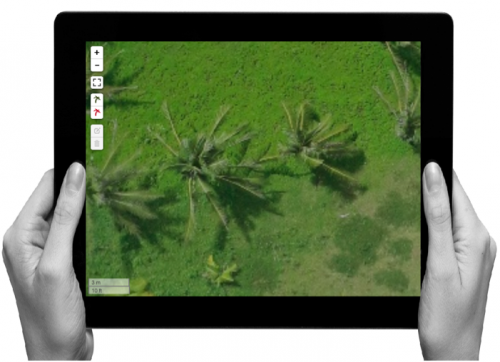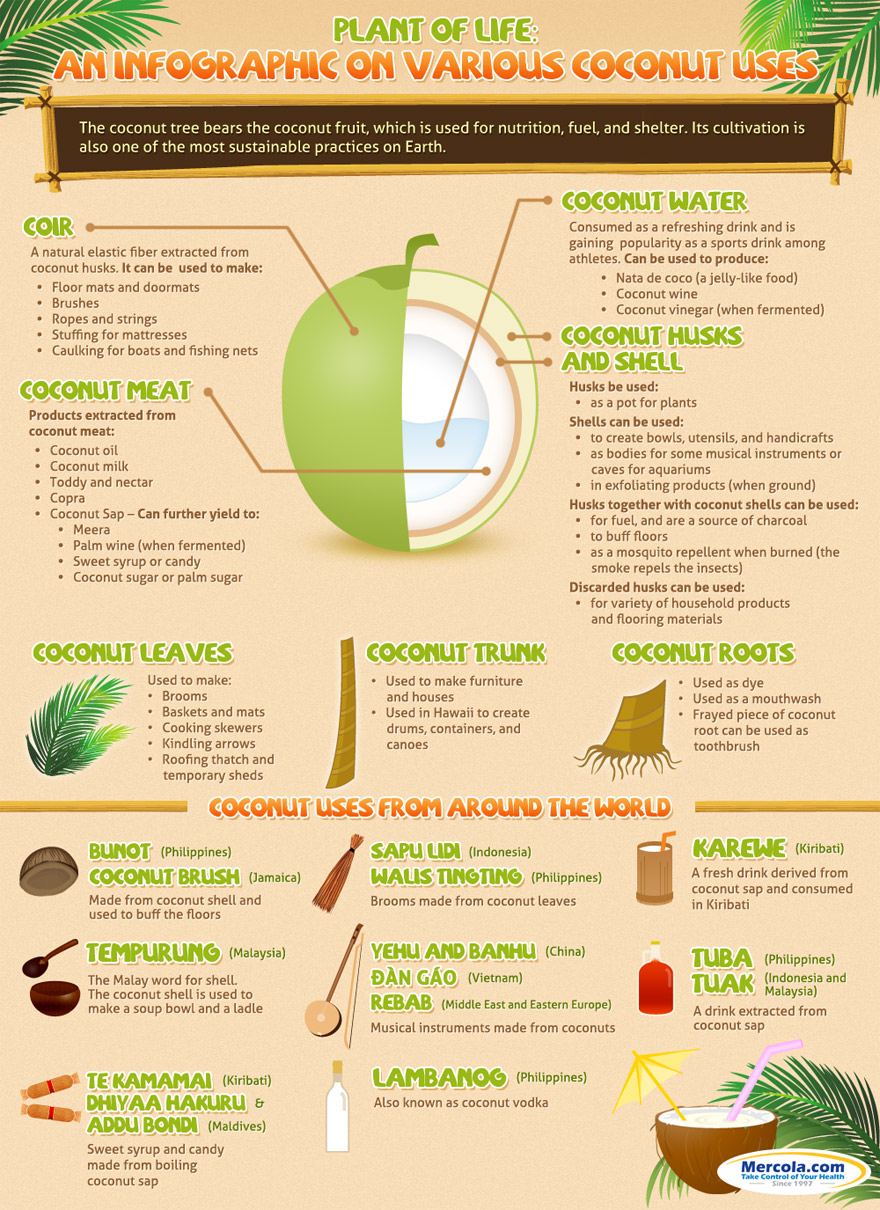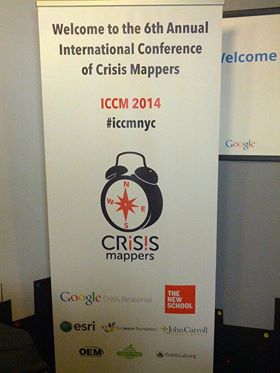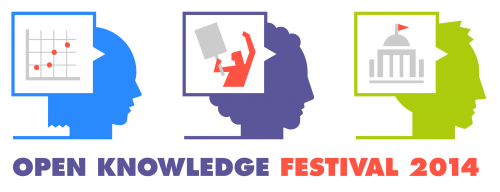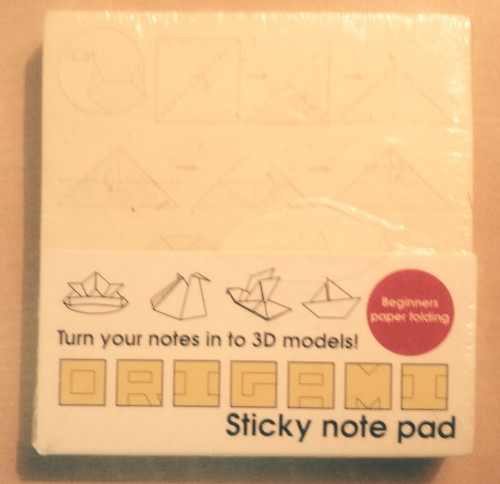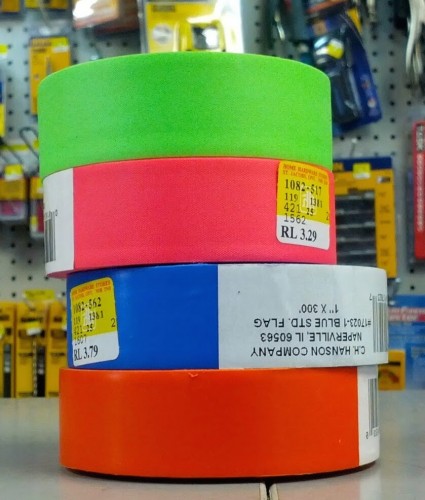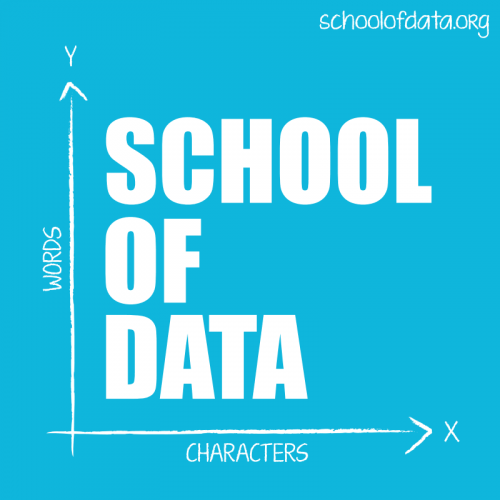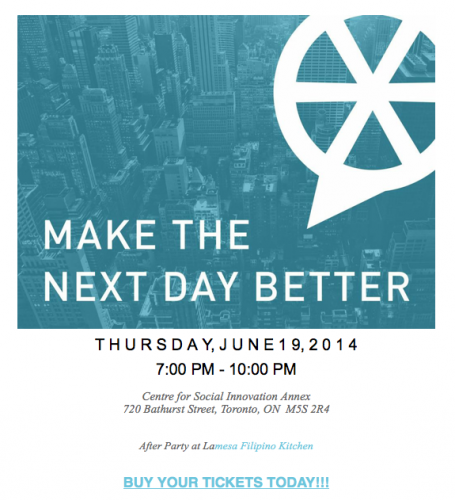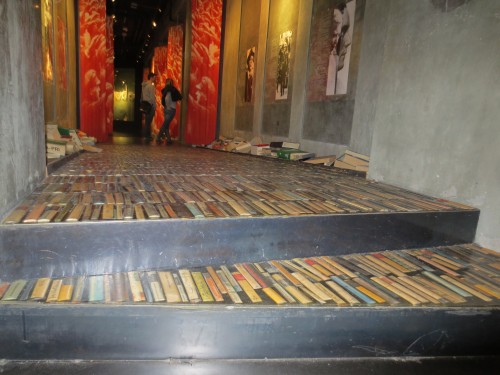A sense of play can teach us about interaction and behaviour for online communities. Where can we find a large dataset for this type of research? Well, Jaideep Srivastava, Social Computing Research Director Qatar Computing Research Institute, recently presented results from hours of not playing the Massively Multiplayer Online Games (MMORPGs). Instead, he and colleagues massively played with user data. His analysis of some of the results highlight the need for all communities to really look at the user experience while building mechanisms for mentoring and feedback. For those of us who spend time trying to foster and grow healthy communities, we often turn to metrics. Online communities need to dig into the interaction data. But, that is a topic for another day. Let’s dig in some of the highlights of Jaideep’s work.
Dr. Jaideep Srivastava presented Understanding Social Dynamics Tools & Techniques: Interaction and Behaviour in Massively Multiplayer Online Games (PDF) at the Machine Language and Data Analytics Symposium, an event hosted by the Qatar Computing Research Institute and Boeing (Doha, March 9 – 10 2015). The symposium convened researchers, practitioners, students, and industry experts in the fields of machine learning, data mining, and related areas to present recent advances, to discuss open research questions, and to bridge the gap between data analytics research and industry needs on certain concrete problems.
MMORPGs record every interaction of tens of millions of players. This is a research scientist’s data set dream. How can we understand behaviour and interaction in these games? What can it teach us to build better software? Stronger communities? And, my big takeaway, how can we activate this type of research to better support spaces for other communities like Digital Humanitarians? Why do people stay involved in games and why do they leave?

Dr. Srivastava and team analyzed the relationship between social engagement, trust and player retention. Turns out that we all want a small town online. We want to have a virtual cup of coffee (or tea) with our neighbours. His analysis of Everquest’s community shows that stability and success can potentially be attained by building socialization and being mindful of opportunities to build trust within the game. Plus, he highlights how this interaction and behaviour data proves that community is a profit center. The gaming community shows this with their costs for add-ons and features. Other communities need to think about these lessons as they build great places to do __(fill in the blank)___ together. And, software creators need to think about community and feedback loops as part of their design from the beginning.
How are you analyzing your community data?
Digital Humanitarian and Open Source communities could learn a lot from other global online communities, especially these successful gaming communities. Over the years, I have spoken with software developers and funders about the power of community. Often, I hear: We don’t fund or prioritize community because there is no profit from it. Well, this continues to be a myopic view. If you want results (re: shiny metrics), you need to nurture and invest. While not all communities have access to data stores like these large MMORPGs or access to top notch researchers, we can still learn.
RESOURCES: Jaideep’s slides for Understanding Social Dynamics Tools & Techniques: Interaction and Behaviour in Massively Multiplayer Online Games (PDF) and his paper on Churn Prediction (PDF download)
This is why I am so excited at QCRI to be given the opportunity to collaborate on research and open source software development with a focus on local community engagement. You see, in the middle east, things get done by building strong relationships. (To be honest, I think that this values exist all over the world, but is just sometimes overlooked.) It is my hope that we can build on Dr. Srivastava’s work for our software in QCRI Social Innovation with a focus on Qatar. There is a burgeoning Qatari online community in many social forums. While the Qatari social data sets are not in the millions of users, it is home and we are neighbours.

